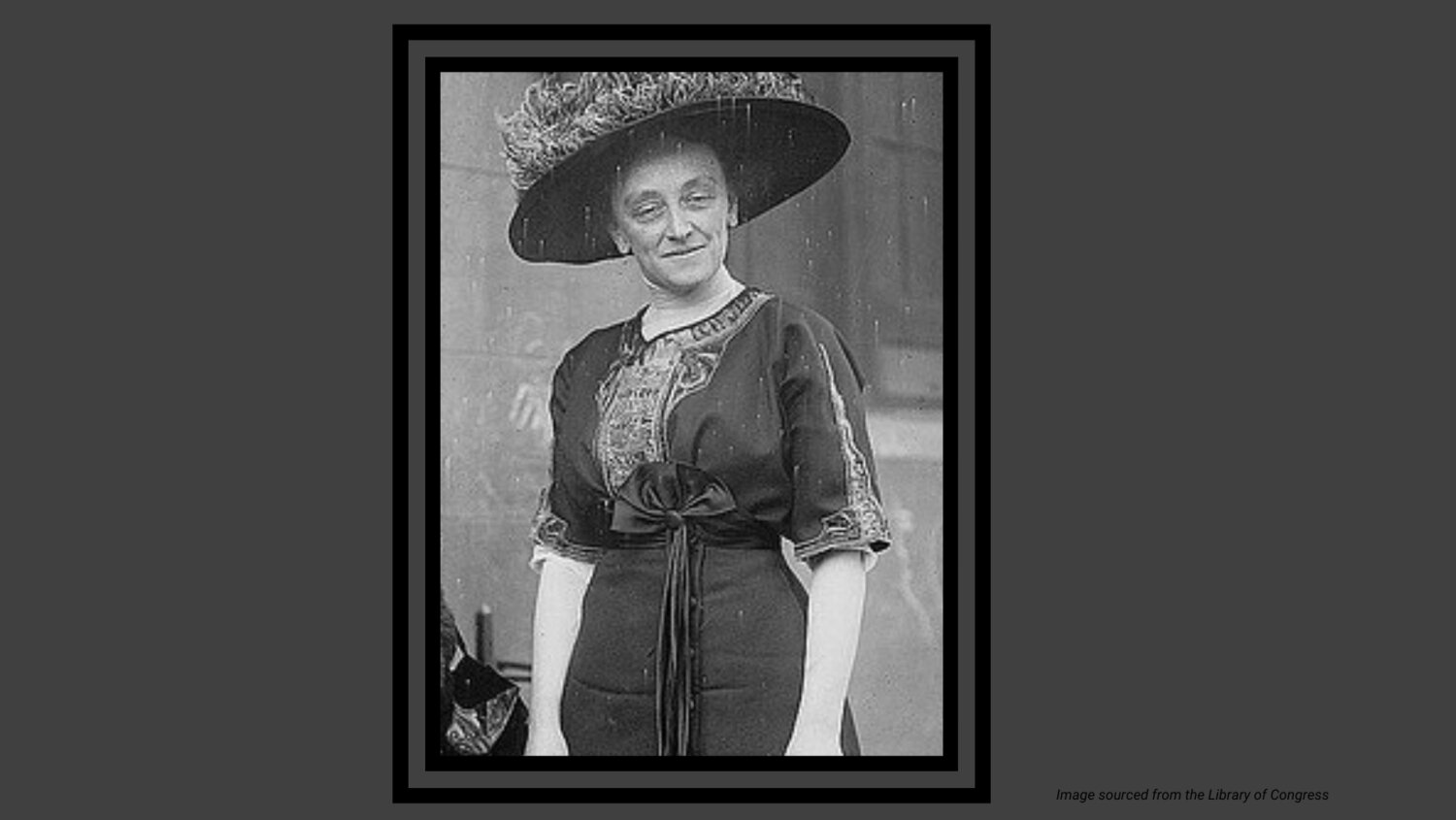Jackson’s Contributions to Women’s History: Suffragist “Dixie Tour” Arrives in Jackson
March is Women’s History Month. Each week in March we will share stories from newspapers and letters of the early 20th century highlighting Jackson’s important role in the national suffrage campaign. These accounts have been gathered by historian Gay Wilson.
In November 1917, nationally known suffragists Maud Younger and Mrs. Howard Gould drove across the American South. Calling it their “Dixie Tour,” Younger and Gould gave lectures in the Southern states to promote the National Woman’s Party and defend against criticism of its defiant protests in Washington, D.C. The NWP protests were under attack as being unpatriotic during the crisis and horrors of World War I.
Younger was from California. Gould was from New York. Arriving in the South, they were sojourners in a foreign land. After stops in Alabama and Georgia, Younger and Gould headed to Tennessee.
They arrived in Jackson on November 22, 1917. When Younger arrived sporting her flowing chiffon dress and decorative, wide-brimmed hat, it was said, “The whole town was agog.”
Due to rumors of trouble brewing, Mayor Lawrence Taylor was undecided on whether to allow Younger to speak in Jackson. Thanks to Sue Shelton White’s phone calls and personal assurances to Mayor Taylor and Police Chief J.A. Deming, the meeting was allowed to go ahead as planned.
That evening White spoke first to the audience of 250. White reminded the audience to show Southern hospitality to the visitors. Two burly men walked the aisle ready to arrest troublemakers. Younger then spoke passionately about the federal suffrage amendment and defended the NWP’s strategy of picketing the White House.
After Younger’s speech, the Jackson audience passed a resolution asking the Nashville mayor to grant Younger permission to speak in his city. The resolution stated that Younger had said nothing unpatriotic or disloyal about the United States or the U.S. President. It was signed by meeting chairman Sue Shelton White, banker and newspaperman R.S. Fletcher, newspaper owner and secretary of the Jackson Association of Commerce A.J. McGehee, attorney T.J. Murray Jr., and Chief of Police Deming.
White is credited with transforming the atmosphere of that controversial meeting from hostile to friendly. One of the visiting suffragists stated, “We hated to leave Jackson.” After the meeting, White closed her stenographer’s office in downtown Jackson and accompanied the suffragists on the rest of their tour through Tennessee. “And everywhere, thanks to her, the hostility vanished.”
That tense, unpredictable evening in Jackson marked White’s debut on the suffragist stage.
Next week: Jackson Suffragists Arrested in Washington
Gay Wilson lives in downtown Jackson and is author of Some Woman Had to Fight: The Radical Life of Sue Shelton White.






